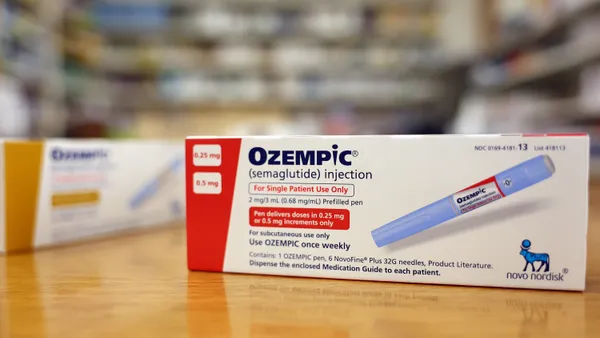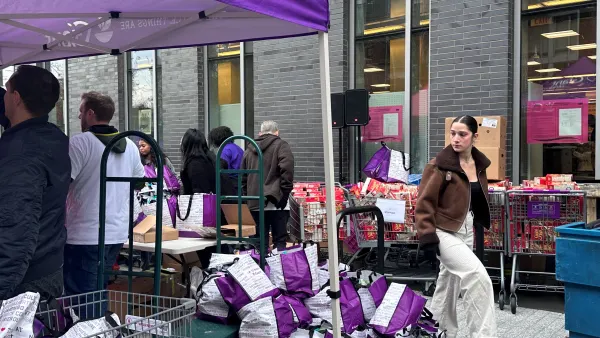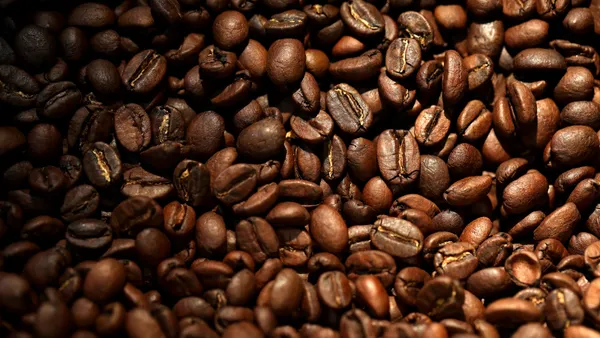Dive Brief:
- New Jersey-based ShopRite is expanding partnerships with local farms in an effort to increase its offerings of local and in-season produce, according to Long Island Business News.
- Local farms will be highlighted through in-store displays and the new offerings will be promoted through a variety of channels including TV commercials, billboards and social media this summer. "This year's locally grown program is going to be bigger than ever before," the chain's head of produce and floral told the publication.
- The retailer offers a dietitian-led program that promotes consumption of fresh fruits and vegetables through recipe development, cooking demos and community education.
Dive Insight:
Produce is a lucrative department for supermarkets, posting $60 billion in sales in 2019. Grocers claim about 51% of all produce sales, with natural grocers, farmers markets and limited assortment stores elbowing their way in as consumers search for more niche and local product assortments. Only 34% of millennials reported that their primary source for produce is a traditional supermarket.
In the produce game, local is a valuable label, with 84% of shoppers preferring to buy something that was grown nearby. Shoppers tend to associate local produce with higher quality and a better shelf life, according to the U.S. Department of Agriculture, while also providing a sense of well-being through supporting the local agricultural economy. Shoppers generally want to support farmers, promote productive use of regional lands and to learn about farming practices.
Despite the clear preference for locally raised produce, however, there is rampant confusion about what local means. Although the label term “local” has the highest awareness among U.S. consumers at 46%, according to a recent Nielsen study, everyone has a slightly different perception on how close something has to be in order to be dubbed local.
And while most everyone prefers to add something locally grown to their basket, supermarkets often struggle to source local produce. Finding local farmers, making sure they have enough supply to stock store shelves and hammering out the logistics are just a few hurdles that supermarkets have to overcome when going local that aren’t as big of an issue in conventional produce wholesaling.









